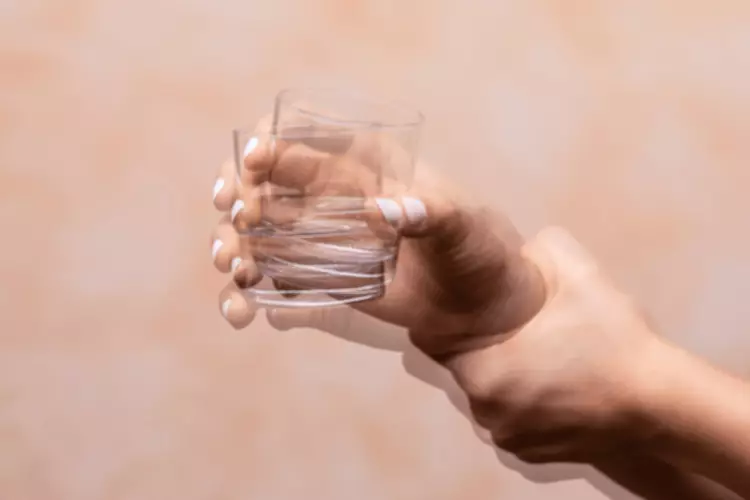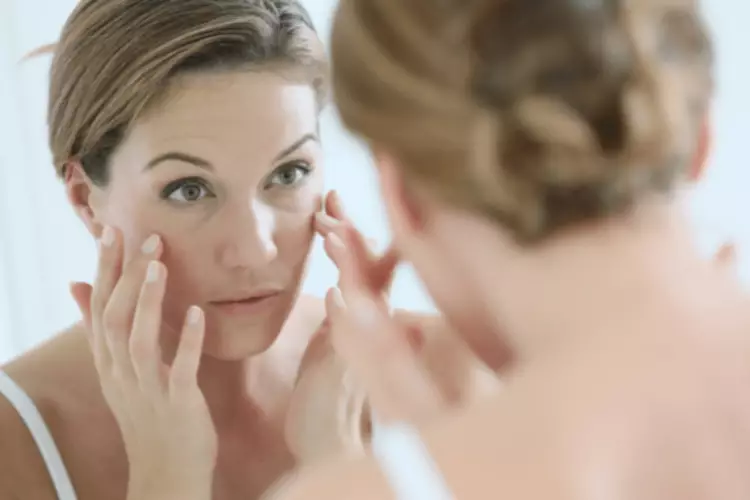What Is Alcohol Intolerance? Symptoms and Prevention
However, to eliminate them completely, it is necessary to avoid consuming red wine altogether. People with an intolerance to a food or beverage may experience symptoms that are uncomfortable but not life-threatening. Those who have an allergy, however, could have serious reactions if they consume something they are allergic to. In some people, intolerance or allergy to alcohol can also result in uncomfortable or even dangerous symptoms. This article discusses allergies to alcohol, symptoms, triggers, tests, and treatment options.
Why Does Red Wine Make Me Sneeze?
Like mentioned earlier, experiencing nasal congestion can make this symptom even more noticeable and painful. Another common symptom you may experience is a stuffy nose or nasal congestion. This symptom can be similar to symptoms of Hay fever or seasonal https://ecosoberhouse.com/ allergies. If the nasal congestion is quite severe, it can also make headaches (another symptom) more uncomfortable. However, some people develop allergy-like symptoms, such as an itchy throat and nasal congestion, in response to the sulfites in wine.
- “So, you can’t look at a particular reaction and say, ‘Oh that’s definitely an allergy versus an intolerance to alcohol,’” Factor said.
- Next to flushing, a stuffy nose is the most commonly reported symptom of alcohol intolerance.
- Your doctor may instead test more general allergens, like red wine, white wine, yeast, or sulfites.
Risk factors
Hayfever sufferers could be better off drinking white wine than red – The Drinks Business
Hayfever sufferers could be better off drinking white wine than red.
Posted: Tue, 28 Jun 2022 07:00:00 GMT [source]
Be aware, however, that labels might not list all ingredients. If you’re frequently sneezing after drinking, you must see a doctor as there may be an underlying condition that needs to be treated. If drinking from a glass makes you sneeze, try drinking through a straw instead. This will help reduce your nose’s contact with the drink and make it less likely to trigger a sneeze. Like wine, beer also contains histamines, which can trigger sneezing. In addition, beer is often brewed with hops, comprising a compound called lupulin.
Why alcohol allergies and intolerances can develop later in life

In short, there’s no way to prevent or avoid alcohol intolerance. It’s the result of hereditary genes that cause a deficiency in the enzyme ALDH2. Your body needs this enzyme to properly metabolize alcohol and eliminate it from the body, so there’s nothing you can do to prevent or cure alcohol intolerance. Some people may develop alcohol intolerance later in life as their body’s response to alcohol changes. If you find that certain drinks trigger your sneezing, try switching to a different type of alcohol. For example, if wine makes you sneeze, try drinking vodka or gin instead.
Thinking of Stopping Drinking? 9 Tips to Succeed
Two common symptoms are facial flushing, in which the skin on the face quickly turns red, and nasal congestion. In some cases, over-the-counter or prescribed medications might help alleviate symptoms. True alcohol allergy (versus an allergic reaction to ingredients in alcoholic drinks) is very rare.
What You Can Do To Prevent Sneezing When You Drink
The amounts of histamine vary between wines, but generally, there is more histamine in red than white wine. Alcohol allergy symptoms can range from mild, such as an itchy mouth or eyes, to severe, including vomiting or anaphylaxis. An alcohol allergy can occur when a person with an alcohol allergy comes into contact with alcohol, which is also known as ethanol.
- A true allergic reaction happens when your immune system goes into overdrive to attack something it sees as a threat.
- Those with a genuine alcohol allergy should completely avoid alcohol.
- Treatment for alcoholic hepatitis usually involves lifestyle changes such as abstaining from alcohol, eating a healthy diet and exercising regularly.
- If you’re wondering how to prevent a stuffy nose after drinking, try drinking water before, during, and after consuming alcohol.
- Alcohol is metabolized by enzymes in your liver, which convert ethanol into acetaldehyde.
While there are no specific home remedies for alcohol-induced sneezing, individuals may find relief by using saline nasal sprays or performing nasal irrigation to soothe nasal passages. While alcohol content does not directly cause sneezing, it can contribute to nasal congestion or irritation, potentially triggering sneezing in some individuals. If your favourite tipple leaves your cheeks burning, then yes – you may well have an alcohol sensitivity or intolerance, says nutritionist Jade Taylor, of Kitchen Home.

One older study in people with asthma found that over 40 percent of participants said that drinking alcohol prompted allergy or allergy-like symptoms. Problems in the immune system cause an alcohol allergy to develop, while genetic problems in the digestive system tend to cause alcohol intolerance. These problems make it difficult for the body to break down alcohol properly.
Then you can start again, perhaps trying just one of your go-to drinks at a time. If the reactions return with specific drinks, then why do i sneeze when i drink alcohol you know which ones cause problems for you. An allergic reaction might not occur the first time a person encounters an allergen.
